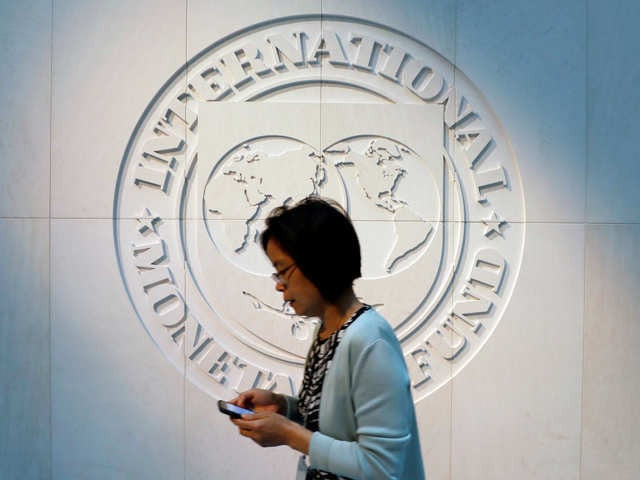And then what after all good news?
There are no two thoughts about severity of country’s economic situation

In an ideal scenario, we got the outstanding tranche from the IMF, we got the bilateral loans rolled over, we got extension for the deposits by friendly countries for the balance of payments support; all are good news, but then what?
What would happen in the next years when these rolled-over loans are to be repaid, when no more IMF loans will come in and when the friendly deposits have to be returned?
What would happen during the next years when there will be no more capacity or margin left for increasing prices of fuel and energy and the direct and indirect taxes?
Do we have a Plan B, or even a Plan A?
There are no two thoughts about the severity of economic situation and that the government is managing the emergency. There ought to be, however, a treatment and rehabilitation plan after this emergency care is over.
There is not much of a margin for complacency or justification of economic firefighting by the current government. It is probably more important to come up with a comprehensive, targeted and realistic economic recovery plan with defined short, medium and long-term goals.
In the short term, there should be focus on mitigating the unnecessary price transfer effects due to rupee devaluation and increase in energy prices.
The price response of essential goods, particularly for the lower segments of society and in food items, has been disproportionately high and this will prove to be much more complex in the longer term.
Another area to focus on is to reduce the public sector losses, especially in the state-owned enterprises, and the non-development expenditure.
In the medium to long term, there are areas that must be targeted by taking steps right now, in order to lay out a plan of action.
Firstly, there is a need to pick some champion sectors of the economy that can give efficient results and response to the efforts and resources deployed therein.
For example, the chemicals may be more efficient than textiles, and light engineering may be more efficient than automotive assembly. Overall, the services sector is certainly more responsive than the manufacturing sectors.
There has not been adequate focus particularly on resource allocation and fiscal incentives to the services sectors as compared to the traditional manufacturing ones.
Secondly, the agriculture sector needs a comprehensive transformation plan, not just standalone support packages. The agriculture system transformation should focus on deployment of science, innovation and technology, productivity enhancement, value addition and commercialisation of agriculture.
Thirdly, we need to repurpose the subsidies and fiscal incentives for all sectors of the economy. Fiscal support should be based on input-output ratio or economic efficiency rather than the lobbying power of certain sectors.
Governments are very quick to take back the so-called subsidies given on fuel and electricity but it is high time to take such subsidies back from non- or low-performing manufacturing sectors.
It makes headlines when someone announces that hundreds of billions of rupees are or were being given as subsidy on fuel and energy, but it would be a breaking or shocking news when someone would come up with a figure of total subsidies being given to some of the industries.
Yes, many of these sectors contribute towards export earnings as well, but it needs to be checked if the same amount of subsidy is justified or proportional to the export earnings, or if some other sectors or areas would lead to even higher export earnings, and should these be subsidised.
Linked to this, the figure should be reported as to how much so-called “non-performing” loans that are written off every year, as these are certainly in billions of rupees and not to the benefit of the general public or SMEs.
Fourthly, there is a need to establish an economic ecosystem that has innovation embedded in it, encourages entrepreneurship and provides enabling platforms for women as active economic operators.
Fifthly, the speculative and non-productive economic activities, such as the real estate speculation, should be discouraged and investment in these areas should be diverted towards productive sectors.
Many other areas need immediate attention for planning. A realistic, practical and clear economic planning is the most important need of the day.
We should be clear what would happen next year or next decade. Are we preparing accordingly? Not really at this point in time.
Firefighting is a special task that needs lot of attention and resources, but if it continues for a very long time and we do not have the rehabilitation plan, then such effort may prove to be even more lethal than the fire itself.
Economic firefighting is even more critical – the timing, the design of intervention and the recovery plan matter more than the initial reaction. If the fire continues or the effort continues for unnecessarily long time, then what?
The writer is an international economist
Published in The Express Tribune, June 27th, 2022.
Like Business on Facebook, follow @TribuneBiz on Twitter to stay informed and join in the conversation.



















COMMENTS
Comments are moderated and generally will be posted if they are on-topic and not abusive.
For more information, please see our Comments FAQ